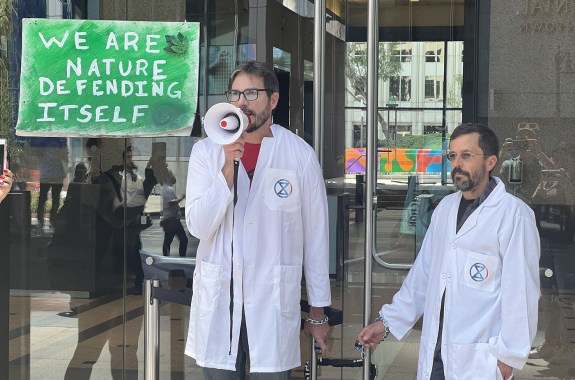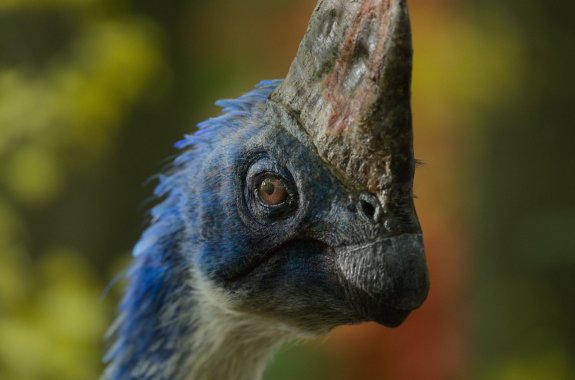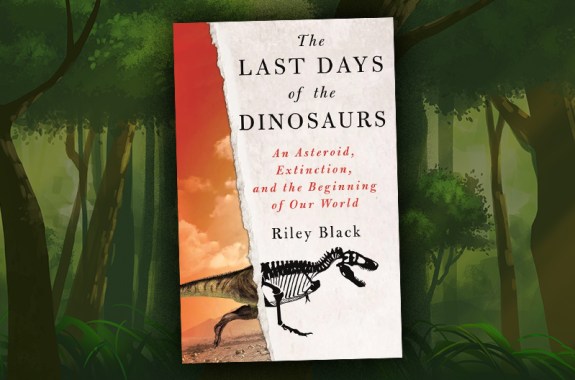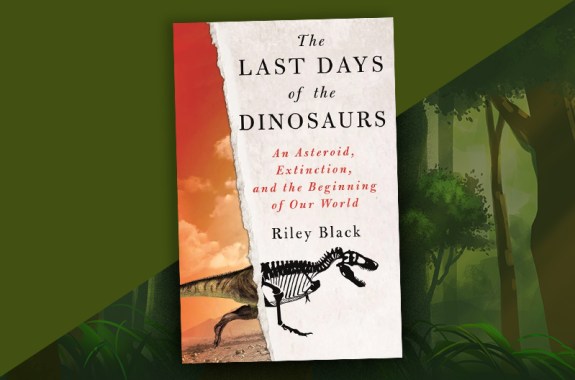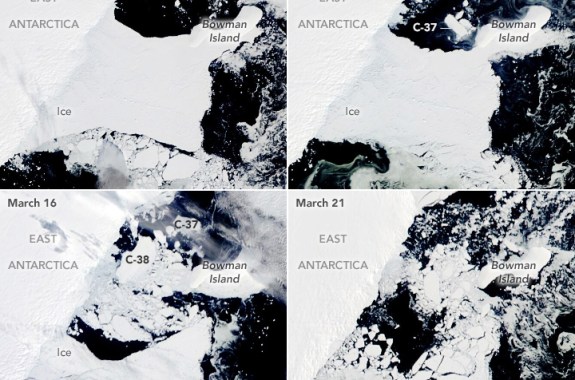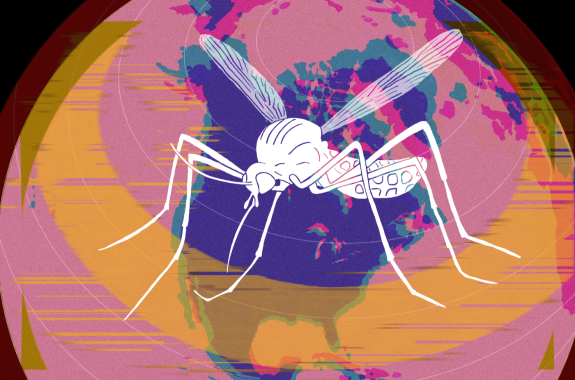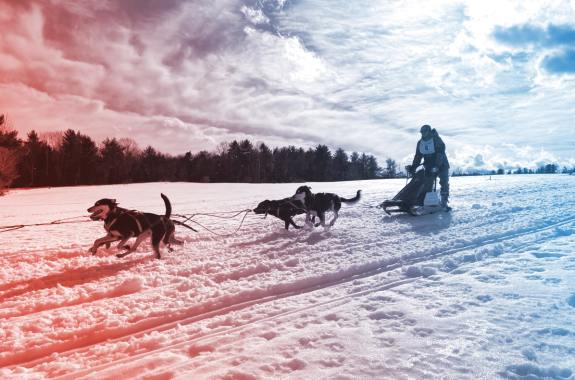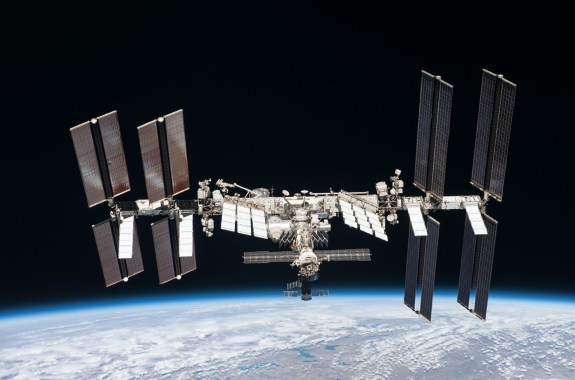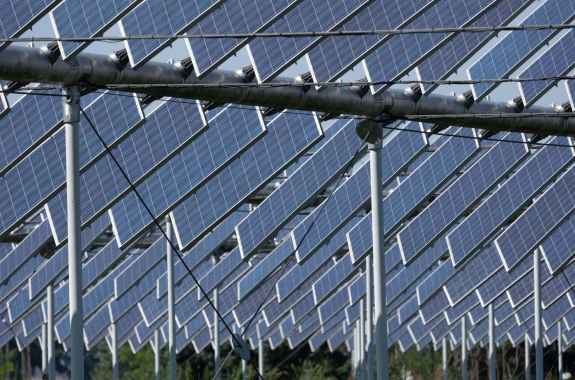17:10
The Scientist Rebellion: “We’re Not Exaggerating” About The Climate Crisis
After decades of being ignored, leading researchers are practicing civil disobedience to sound the alarm about the climate crisis.
17:26
How Did ‘Prehistoric Planet’ Make Dinosaurs Look So Real?
Paleontologists and producers unveil the behind-the-scenes action of recreating accurate dinosaurs in a new docuseries on Apple TV+.
Read ‘The Last Days Of The Dinosaurs’ With The SciFri Book Club
Riley Black writes about the days, years, and centuries after disaster strikes in ‘The Last Days of the Dinosaurs.’ Read it with us this May.
The Single Worst Day In The Entire History Of Life On Earth
The day the infamous asteroid struck Earth might have been worst than you could imagine. Riley Black writes about that fateful day.
11:36
Why Another Antarctic Ice Shelf Collapsed
For the first time, an ice shelf in eastern Antarctica collapsed into the ocean. Here’s why climate change may have played a role.
11:10
Why Climate Change May Bring More West Nile Virus To The U.S.
Spring rain, summer drought, and heat are predicted to create better conditions for mosquitoes to spread the West Nile virus across the U.S.
7:13
Climate Change Ruins The World Championship Sled Dog Derby
At the World Championship Sled Dog Derby, warm weather played an unwanted star role.
12:12
Date Set For International Space Station’s Burial At Sea
In 2031, the International Space Station will join the Mir station and other orbiters in the ocean’s “spacecraft cemetery.”
8:49
Growing Plants—And Providing Solar Energy
Growing crops under solar panels is an efficient way to approach a new era of agriculture.
17:24
E.O. Wilson’s Indelible Mark On Ecology
Reflecting on the late naturalist’s extensive legacy.
